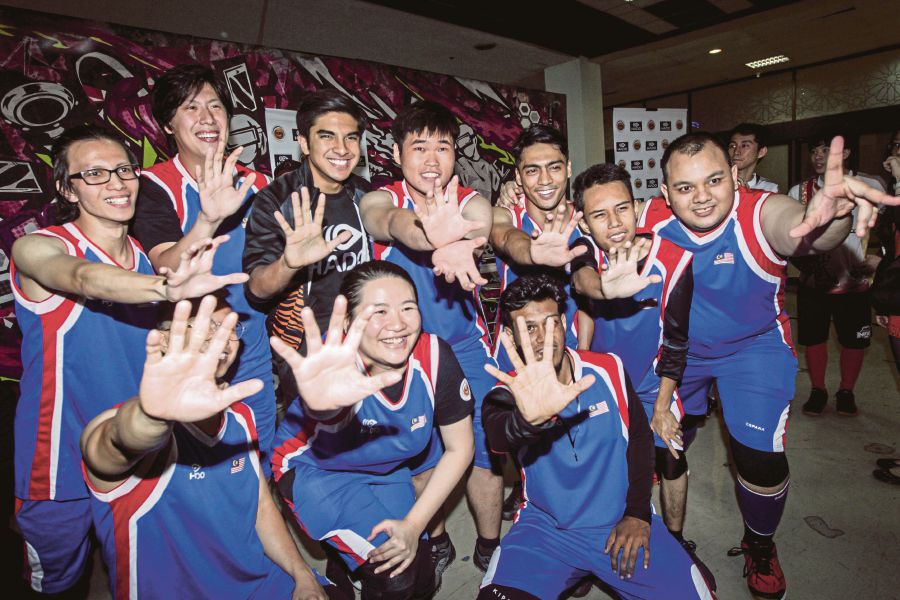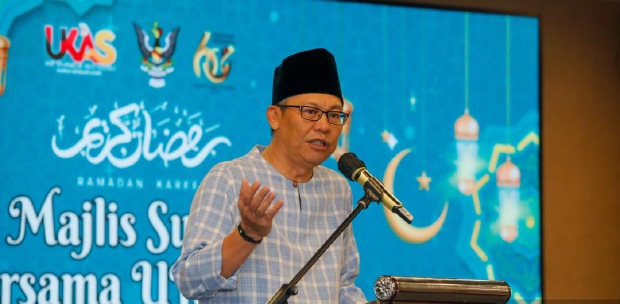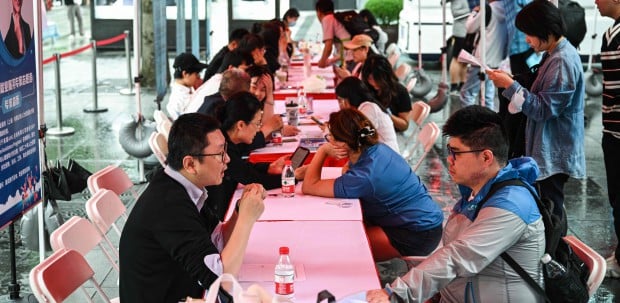The proposal to lower the minimum legal voting age to 18 in Malaysia can be seen as a game-changer that starts a new debate on how to better leverage and harness the untapped potential of youths.
The legislation,if passed,would offer a real opportunity to rethink how youths are engaged in the society, rebooting the existing pathways of civic participation while helping to find new meaningful ways to channel their energies for the development of local communities throughout the nation.
Civic engagement is about the people’s active participation in society and while every segment should be encouraged to be engaged, youths have a special role to play.
From being aware of the major developments in the country,to taking an active interest in solving social issues,to more active involvement in politics, youth civic engagement implies a wide spectrum of options and possibilities that can be tailor-made to match individual needs,circumstances and aspirations.
It means that each youth can choose a pathway of engagement based on availability of resources, including time and personal interests.
Unfortunately, while there are many youths around the world who have found a reason for their engagement in the cause of climate change, there is still a vast majority of youths in Malaysia and elsewhere who are disengaged,simply uninterested in finding a cause worthy fighting for.
Reaching out to this vast segment of youths could really embolden a new wave of passion for activism and social change, encouraging them to become an agent of change, shaping, rather than being passive spectators.
Schools and universities play a fundamental role not only as providers of the skills and knowledge youths should master in order to start meaningful and successful careers but also for their vital contributions in promoting and nourishing attitudes and behaviours towards the common good.
Perhaps we are on the cusp of radically rethinking what learning institutions can achieve in terms of laying the foundations for an educational journey that stimulates and harnesses the power of civic engagement among youths.
Interestingly, Malaysian universities are in a unique position to spread innovative community service opportunities for the youths.
In a recent gathering hosted by University Tunku Abdul Rahman (UTAR), youths discussed how to implement the Unesco Knowledge for Change,creating a bottom-up learning curricula promoting students’engagement and participation in local communities.
While talking about community services programmes run by students, we should not forget the two cardinal dimensions of any students’engagement at the community level that are, after all, the same of any volunteering experience:on the one hand, the learning component and, on the other hand, the serving one.
If the latter is the cornerstone that defines the essence of any volunteering activity, we should not forget that oftentimes, the former, assuming a true pedagogical nature, is more important.
While striving to achieve meaningful impacts based on clearly identified needs, such service experiences are primarily designed to ensure a transformational learning experience for the students, where the local communities are not only the co-designers of the activities but also the facilitators for the knowledge and skills being generated and absorbed by the students.
A challenge is to find innovative ways so that such ‘one off’ learning can instil in the participants a genuine interest and passion for social change that will remain consistent throughout their lives.
Another challenge is to see community service not just as a nice “add on” but as something embedded in the core learning curriculum of a student.
The UTAR Soft Skills Development Certificate incorporates community engagement where participants learn by doing.
The fact that the scheme is voluntary is significant: rather than forcing, we need to motivate and encourage students to take part.Offering credits in exchange for undertaking a personal learning pathway can be an important way to motivate students.
Moreover the programme is designed in such a way that students can act as ‘motivators’,nudging friends to join the learning process.
The Sustainable Development Goals (SDGs) can help address these challenges, further harnessing youth engagement.
First of all, we need to ensure that each single person, not only the younger ones, has a moral responsibility to act more sustainably,even with small, simple gestures.
Obviously, youths can be role models in their homes and with their friends.
Perhaps also nudged by global rankings, universities throughout Malaysia are showing more interest in the implementation of the SDGs.
As they embrace the quest to promote and realise the goals, universities have a moral responsibility and also an opportunity to become incubators to propel new youth-led impactful ideas.
As catalysts for inclusive and lasting sustainable innovations, universities and schools in Malaysia can nourish future generations’ involvement in public life.
Lowering the minimum voting age should not be seen as an end in itself but as a milestone to promote more youth engagement in Malaysia.
The writer is co-founder of ENGAGE, an NGO partnering with youths to promote social inclusion in Kathmandu,Nepal






